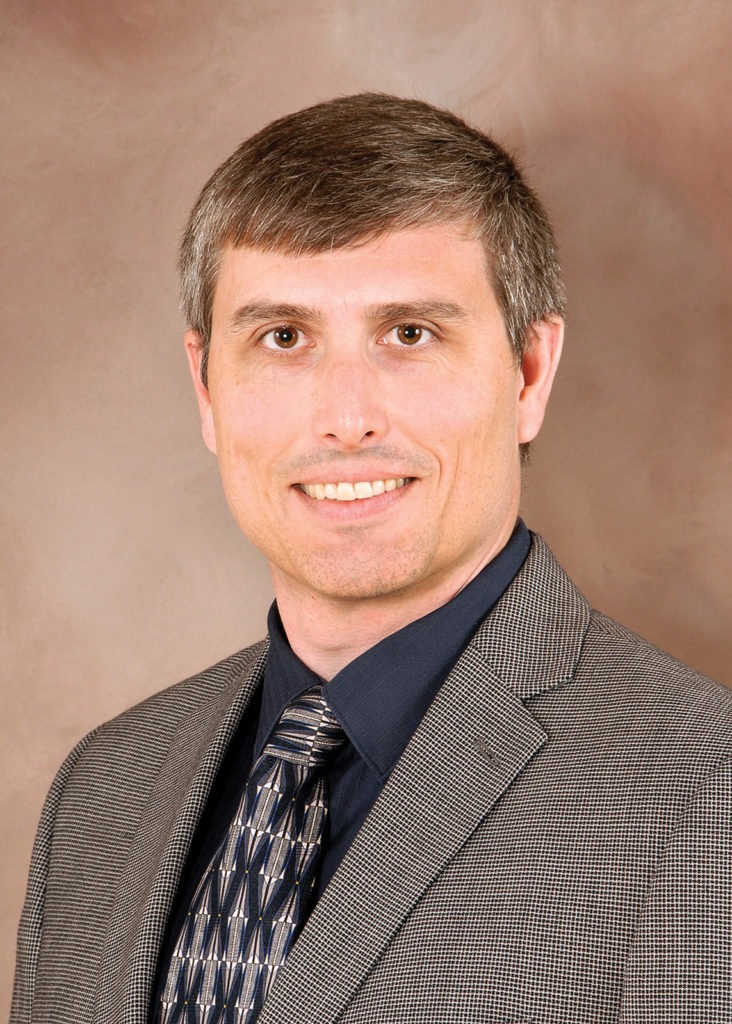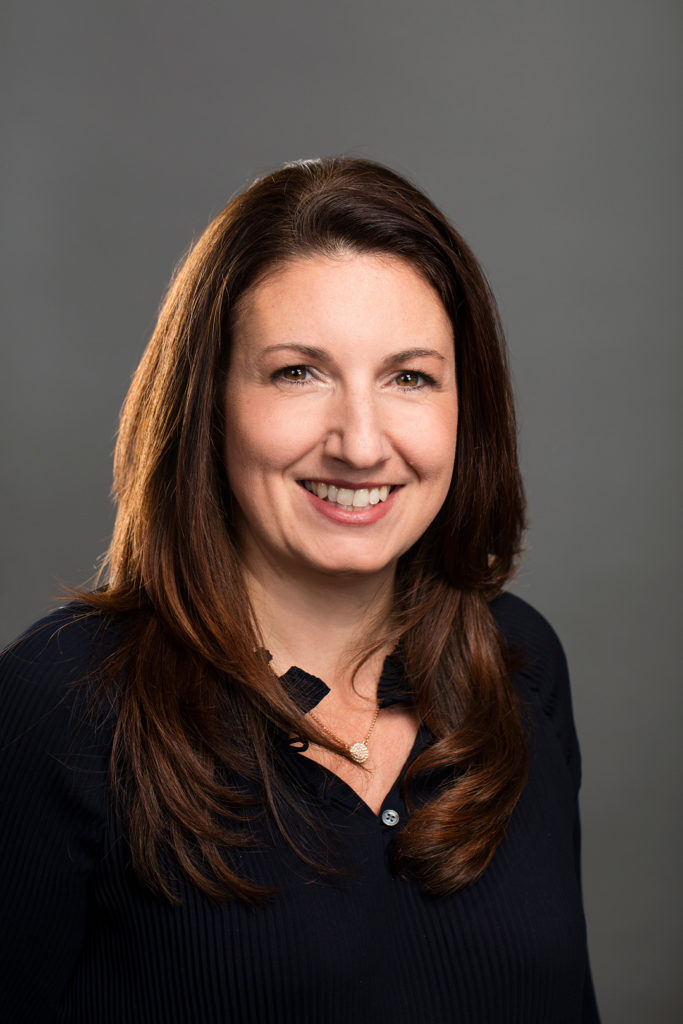As we continue our coverage of ESG (Environmental, Social and Governance) in the alcohol industry, we recently spoke with representatives from two global industry leaders, Brown-Forman and Constellation Brands.
How Brown-Forman Embeds ESG Into Values and Culture
Brown-Forman Corp., founded in 1870, boasts a diverse portfolio of spirits, though it’s best known for American whiskey and bourbon such as Jack Daniel’s and Woodford Reserve. Environmental, social, and governance (ESG) best practices “are deeply embedded in our values and culture, as well as being formally incorporated into our corporate strategy,” says Andy Battjes, the company’s director, global environmental sustainability, office of sustainability and ESG.
“Living a Spirit of Commitment” represents Brown-Forman’s long-held focus on ESG responsibility, Battjes says. “We have integrated this commitment into how we do business on a daily basis, which means being mindful of our obligations to our colleagues, consumers, communities, and the natural world upon which we depend.”
We interviewed Battjes to learn more about the company’s ESG initiatives.
Beverage Dynamics: What programs around environmental sustainability have you implemented?
Andy Battjes: Our Jack Daniel Distillery in October announced a partnership with 3 Rivers Energy to develop an anaerobic digester that will convert distillery byproducts into renewable natural gas and liquid fertilizer.
We also invest in long-term programs that are designed to increase the sustainability of our supply chain, especially agriculture and forestry. In partnership with DendriFund, Woodford Reserve continues its collaboration with farmers, academia, and other stakeholders to bring commercial rye production back to Kentucky.
In addition, Brown-Forman was a founding partner, alongside cofounder DendriFund, in the White Oak Initiative, a diverse coalition of partners committed to the long-term sustainability of America’s white oak forests as well as the economic, social, and environmental benefits they provide.
A long-time supporter of action for forest sustainability, Jack Daniel’s established a hardwood Seed Orchard in partnership with University of Tennessee in 1998, which now produces improved white oak acorns for planting in Tennessee’s forests.
The Old Forester Tree Nursery was established in 2021 to help protect and improve Kentucky’s white oak forests. In early 2023 the Old Forester Tree Nursery will plant the third and final lot of white oak trees in support of a white oak seedling establishment and genetic study, the first urban study of its kind.
BD: What specific programs around social justice initiatives have you implemented?
AB: Our social commitment areas include Alcohol Responsibility, Diversity & Inclusion, and Community Relations. This year, we’ve partnered with Safe Bars and Safe Bar Network to provide industry-specific training on preventing power-based personal violence in bars, restaurants, and venues. We’ve also been a long-time supporter of Ben’s Friends, an addiction recovery support group for hospitality workers, as well as supporting various addiction recovery organizations in Louisville, KY, including, the Healing Place, The Morton Center and Volunteers of America.
Jack Daniel’s and the Nearest Green Distillery, maker of Uncle Nearest Premium Whiskey, announced the Nearest & Jack Advancement Initiative to further diversity within the spirits industry. A combined pledge of $5 million helped create the Nearest Green School of Distilling, develop the Leadership Acceleration Program, and establish the Business Incubation Program.
Du Nord Social Spirits was the first graduate of the Nearest and Jack Advancement Initiative Business Incubation Program. This program offers mentorship to BIPOC (Black, Indigenous, and people of color) entrepreneurs in all areas of the distilling business, including access to marketing, branding, expanded distribution networks, and other assets and opportunities for growth.
Another pillar in the Nearest and Jack Advancement Initiative is the Leadership Acceleration Program, designed to fast-track the development of BIPOC candidates for future master distillers, distillery managers, and other senior management positions within the American whiskey industry.
The Brown-Forman Foundation is collaborating with five organizations in west Louisville to advance educational opportunities from early childhood through adult learning. The partnership and corresponding $50 million commitment empowers these organizations to increase their reach and create measurable impact.
BD: How are you working with other members of the beverage community to achieve your ESG-related goals?
AB: We leverage our key sustainability partners, such as the Beverage Industry Environmental Roundtable, Kentucky Distillers’ Association, the Scotch Whisky Association and DendriFund, to keep abreast of sustainability trends, find opportunities for collaboration in the industry, and lend our voice to pertinent environmental issues.
BD: Does your company measure/rate ESG internally, and do you report any of that information externally?
AB: Each year we report on progress towards meeting our ESG commitments both internally and externally. Brown-Forman uses an integrated annual report to inform our shareholders, employees, and other stakeholders on our ESG programs, and we publish various ESG data on our company website in response to leading ESG protocols such as SASB, GRI and CDP.
Q&A with Amy Martin, Constellation Brands
Amy Martin is Vice President, Corporate Reputation and CSR at Constellation Brands.
BD: How do environmental, social justice and corporate governance best practices fit into Constellation’s company culture?
Amy Martin: From restoring water withdrawals, maximizing water efficiency, and decreasing our dependence on non-renewable energy sources to our commitment to invest $200 million in minority- and female-founded companies over 10 years through our two programs, we believe our ESG initiatives help us better meet stakeholder expectations, reflect our values, and more directly help the communities that sustain our business to thrive in the process.
Some of our notable environmental and social targets include restoring about 1.1 billion gallons of water withdrawals from local watersheds by fiscal year 2025; reducing our Scope 1 and Scope 2 GHG emissions by 15% by fiscal 2025; investing $100 million in minority-owned business through fiscal 2031; and investing $100 million in female-led or founded business by fiscal 2029.
BD: What sustainability programs have you implemented?
AM: We recently committed $700,000 to support The Nature Conservancy’s Global Resilient Watersheds program and innovative dynamic water management programs to benefit watersheds important to our winery operations and communities in California. With our breweries in Mexico, we have been involved with projects to help improve water management and infrastructure.
BD: What social justice initiatives have you implemented?
AM: We’ve established a multi-year partnership with the Equal Justice Initiative and contribution of $1 million to further EJI’s mission and to support training opportunities for Constellation leadership. Through our corporate sponsorship of Dress for Success, we helped more than 3,500 women receive services and training to help advance their careers in calendar year 2021.
And through our support with UnidosUS, we are working to address systemic issues that prevent a more equitable chance at success for members of the Hispanic and Black communities across the U.S. Our contribution has helped more than 4,700 Hispanic families strengthen their financial security through financial empowerment and housing counseling programs in 2021.
And in 2021, our contribution to the National Restaurant Association Educational Foundation (NRAEF) supported the training of more than 700 restaurant workers, and scholarships for 320 students pursuing higher education in the industry.
Melissa Dowling is editor of Cheers magazine, our on-premise sister publication. Contact her at mdowling@epgmediallc.com, and read her recent piece, How Much Do Alcohol Consumers Care About Sustainability?












